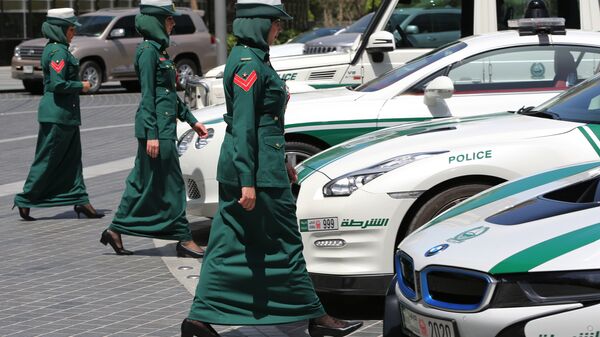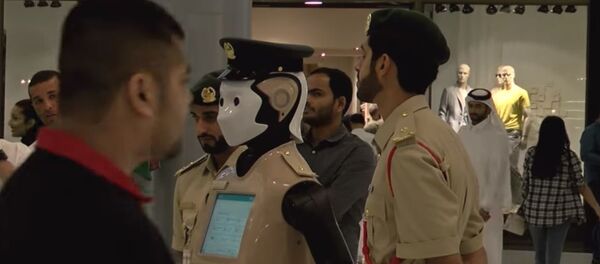Head of the Vehicle Licensing Department at Dubai's Roads and Transport Authority (RTA) Sultan Abdullah al-Marzouqi said at the Future Cities Show in Dubai on Monday that "The digital plate will also allow vehicles to connect with each other — that's why it's ‘Tag to Connect' — meaning, motorists can exchange information on traffic condition or if there is an accident on the road. All this information will be connected to the central command system of the RTA."
The plates are touted as a safeguard against vehicle fatalities and thievery, alerting authorities in either situation. The plate will even flash "stolen" in the event of a carjacking. The plates also allow transportation officials to track drivers, ostensibly to respond to those situations. However Western media have raised concerns about privacy.
Fines, parking fees and payments for renewing your registration plate will also be automatically deducted from Dubai residents' accounts. The numbers on your plate can also be changed remotely using RTA's phone app or website. Because of this, the smart plates are vulnerable to hacking, according to The Verge.
While it is not clear whether or not the smart plates in Dubai will be exploited, license plate databases have long been a surveillance tool used by law enforcement in the United States, including by Immigrations and Customs Enforcement. An AP investigation found that police officers regularly use such databases to snoop on their romantic interests, among other abuses.
Dubai has been investing heavily in its technology sector. It's already known for its firefighters, who are equipped with water jetpacks, and the drone taxis it's testing. The city plans also to have high-speed Hyperloop pods available to its residents by 2020. The pods would be capable of transporting passengers to Abu Dhabi, UAE's capital, in 12 minutes, a distance that takes around 80 minutes to drive. Dubai officials also plan for self-driving cars to make up 25 percent of all trips in the city by 2030.




